Help the FCC create true 4G and 5G coverage maps with its new speed test app

Long criticised for its outdated US carrier network coverage maps, the Federal Communications Commission (FCC), under the new management of Jessica Rosenworcel, has decided to do something about it if it wants to be an impartial judge in the Verizon, T-Mobile, or AT&T "best network" claim game.
To do this, the FCC needs to build its own independent database of mobile and fixed broadband speeds and accessibility points so as not to rely on third-party crowdsourcing from the likes of Ookla' Speedtest, Tutela, or OpenSignal. You can help the cause by installing and using the new FCC Speed Test app:
Needless to say, that is the easier way to do it, compared with what testing firms like RootMetrics do, actual driving around the country. Crowdsourced data tends to cluster in bigger cities, despite the researchers' efforts to combine data mining techniques to extrapolate results for less densely populated places as well.
The FCC, however, is on a government budget, and needs to pick its battles, so it went the crowdsourced way to test your fixed or mobile broadband connection. The initiative is actually part of the broader Measuring Broadband America (MBA) program, here is what the FCC Speed Test app will measure under your willing participation:
- Download Speed: Incoming throughput in megabits per second (Mbps) utilizing three concurrent Transmission Control Protocol (TCP) connections
- Upload Speed: Outgoing throughput in megabits per second (Mbps) utilizing three concurrent Transmission Control Protocol (TCP) connections
- UDP Latency: Average round trip time of a series of randomly transmitted User Datagram Protocol (UDP) packets distributed over a long timeframe
- UDP Packet Loss: Fraction of UDP packets lost during UDP latency test
- UDP Jitter: Mean round trip time (RTT) of UDP echo requests in microseconds from the app to a target test node

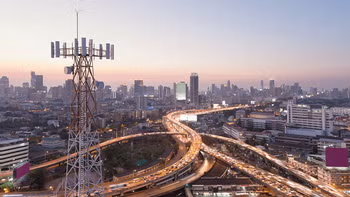
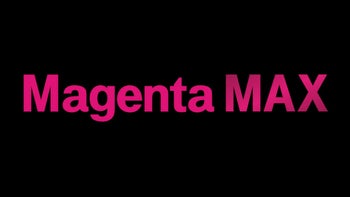
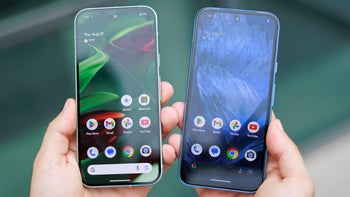
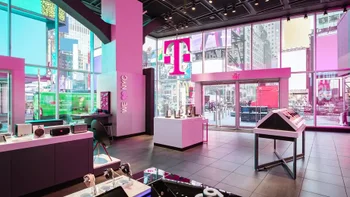
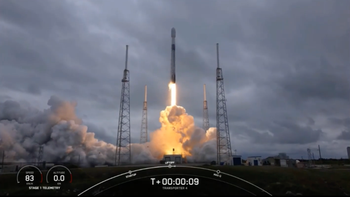
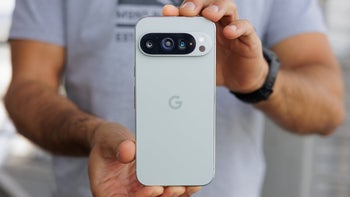
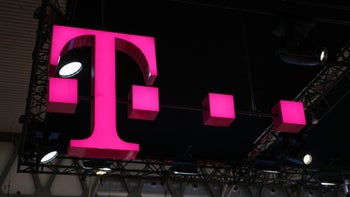
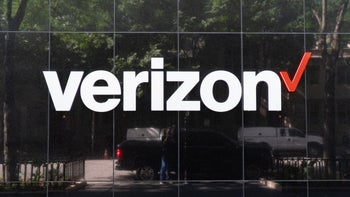
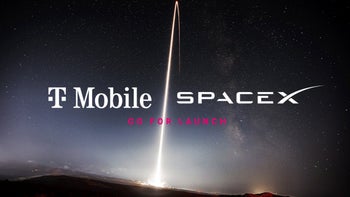
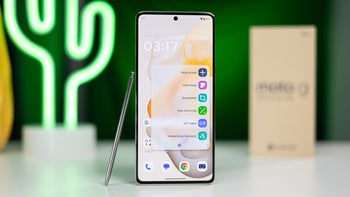
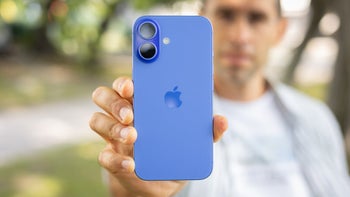
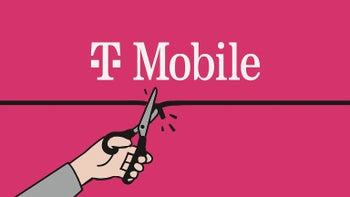
Things that are NOT allowed: